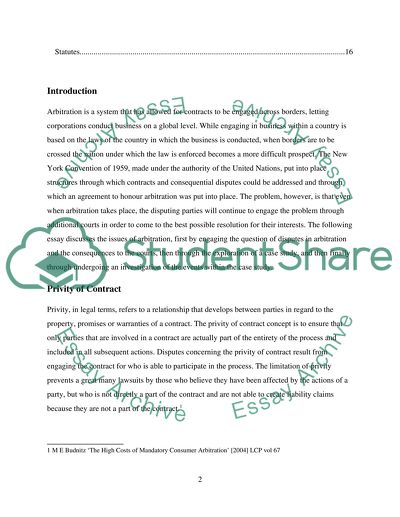Cite this document
(“Arbitration and Law Essay Example | Topics and Well Written Essays - 3250 words”, n.d.)
Retrieved from https://studentshare.org/law/1394076-arbitration-law
Retrieved from https://studentshare.org/law/1394076-arbitration-law
(Arbitration and Law Essay Example | Topics and Well Written Essays - 3250 Words)
https://studentshare.org/law/1394076-arbitration-law.
https://studentshare.org/law/1394076-arbitration-law.
“Arbitration and Law Essay Example | Topics and Well Written Essays - 3250 Words”, n.d. https://studentshare.org/law/1394076-arbitration-law.


